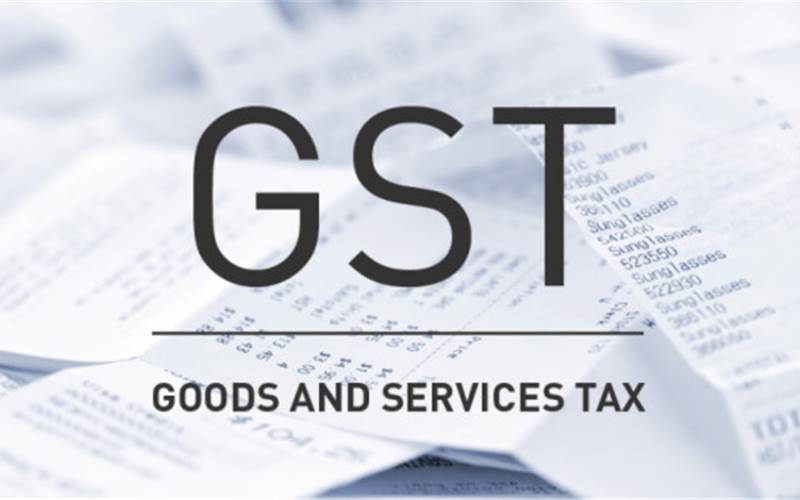What GST means to printers: Part I
Good or bad, Goods and Services Tax (GST) will become a reality for our businesses in less than two months. The new tax regime envisions a uniform system and demands that every taxpayer goes digital. That apart, how will GST help printing businesses and the overall economy? During PrintWeek India Ninth Anniversary issue, we raised these questions before our esteemed interviewers. The following is a compilation of their responses.
07 Jun 2017 | By PrintWeek India
P Narendra, Pragati Offset

After a lacklustre 12 to 15 months, it is time the economy takes off. GST and government spending will fuel it. So I think even commercial print will do well. Packaging will grow at the pace it has been indicated.
Gautham Pai, Manipal Technologies

While we too are looking forward to the implementation of GST this year, it is yet to be seen if this will create a level playing field. The print industry being both labour and capital intensive, it needs special attention from the government.
CJ Jassawala, Thomson Press

My suggestion for the Finance Minister would be to allow EOUs (export oriented unit), an initial exemption from GST so that there is no increase in working capital requirements and the units can perform on low cost base independent of falling into refund procedures.
Ramesh Kejriwal, Parksons Packaging

With GST in the offing, we should have a corporate income tax at 25% without any surcharge across all companies.
Manish Desai, Mudrika Labels

The initial two months post demonetisation were difficult, however, there has been a growth since January. The economy seems to be on a path of growth and we are optimistic about it under the current government. Also, we have high hopes with GST, as we do not have multiple locations.
A Noufel, Honeycomb

I don’t think the new tax restructure will affect our business. As long as the consumption is alive, we will survive. The most important thing every business person should think about is how often and how effectively we can engage the customer. The better we engage – with the customer – the better we grow.
Giriraj Kothari, director, Lipi International

I am expecting a revival in the economy in the next three years. I feel growth will be driven by all the sectors. As for GST, we will definitely benefit from its implementation as taxation will be uniform across India. After GST gets rolled out, we can reach out to clients who don’t fall under the purview of any taxation – excise duty or MODVAT (Modified Value Added Tax) – thus, preferring local vendors for packaging.
Shamima Sanchawala, CA, who manages administration and accounts at Progressive Printing

It is expected that the flow of input credit under GST will benefit the printing industry which currently faces issues of blocked working capital due to large CENVAT (Central Value Added Tax) credit balances.
GST would promote broader tax net as costs of octroi and central tax would be removed. Credits not allowed on interstate purchases will be allowed for set off.
Paper, today is being imported on a large scale. Now, imports would be considered as supplies as interstate sales. Imports would be subject to basic custom duty plus IGST (now available for credit).
The items in the negative list of exemptions for newspaper/print packaging is not to be touched. So depending on this, if the tax slab for our industry is 6% then we will be benefited to a great extent.
In short, a larger portion of the unorganised sector will be brought into the mainstream. People would move towards transactions within the chain of supply and cash transactions will be eliminated.
(l-r) Asif Akther and Wasif Akther, KGN Xerox

We operate in digital printing segment where we have flat 5% value added tax on sales and purchase. In the GST regime, the tax will definitely be more than 5% and hence we will be paying additional tax.
G Balakrishna, Ace Media

From the perspective of taxation, GST would hardly make any difference since the tax structure seems to be the same. Having said that GST will hopefully be less hassling from the perspective of operation.













 See All
See All